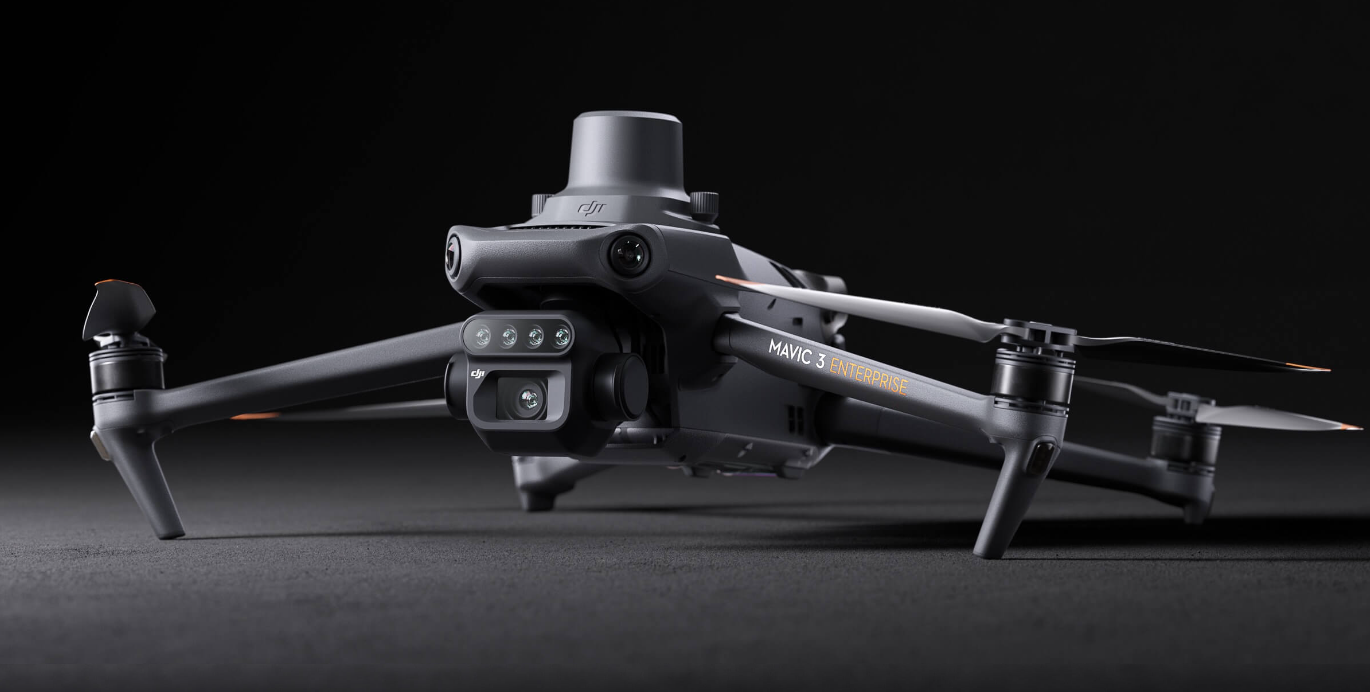The United States House of Representatives passed a ban on the future sale of DJIdronesin the U.S. on Friday, making the DJI ban more likely than not. The “Countering CCP Drones Act” is part of the United States' 2025 National Defense Authorization Act (FY25 NDAA), a major piece of yearly legislation allotting defense spending for the coming year.
Drone maker DJI is based in China and controls over 70% of the world’s drone market share, a combination that threatens U.S. lawmakers. As we firstreported in April, 6% of DJI stock lies in the hands of Chinese state-owned businesses, which has led to fears of Chinese government backdoors, nationalsecurityrisks, and other fears of Chinese surveillance using the company’s drones. And of course, there lies the more real concern for U.S. lawmakers that DJI’s success would continue to strengthen the Chinese economy.

The Countering CCP Drones Act, along with a scattering of other pet laws and culture war staples, is buried within the folds of this year’s National Defense Authorization Act. The NDAA must be passed every year, though some political theater may delay its passage, and both houses of the United States Congress (the House of Representatives and the Senate) have moved the spending bill through its early phases. The House has fully passed the bill, including the Countering CCP Drones Act, and now we wait for the Senate to pass its version, so the two can be combined and signed into law by President Biden.
The current state of legislation would not prohibit the use of already purchased DJI drones in the United States, only the sale of DJI products in the U.S. Doing so would eliminate the most popular and highest-end drones used in the United States. The bill, while popular in Congress, still has a chance of being stopped. Concerned U.S. residents who disagree with the bill should contact their U.S. Senators and ask for the Countering CCP Drones Act to be dropped from the NDAA.

While not as direct an attack on China as some moves associated with the U.S.-Chinatrade war over semiconductors, the DJI ban would follow a tradition of tariffs and bans against successful Chinese companies in the U.S. Most bans affect the most commercially successful companies and entities from operation in the U.S., though lawmakers claim the goal is safety rather than a trade conflict. U.S. Secretary of StateAntony Blinken recently argued, “What we’re focused on is only the most sensitive technology that could pose a threat to our security. We’re not focused on cutting off trade, or for that matter containing or holding back China.”
Get Tom’s Hardware’s best news and in-depth reviews, straight to your inbox.
Sunny Grimm is a contributing writer for Tom’s Hardware. He has been building and breaking computers since 2017, serving as the resident youngster at Tom’s. From APUs to RGB, Sunny has a handle on all the latest tech news.